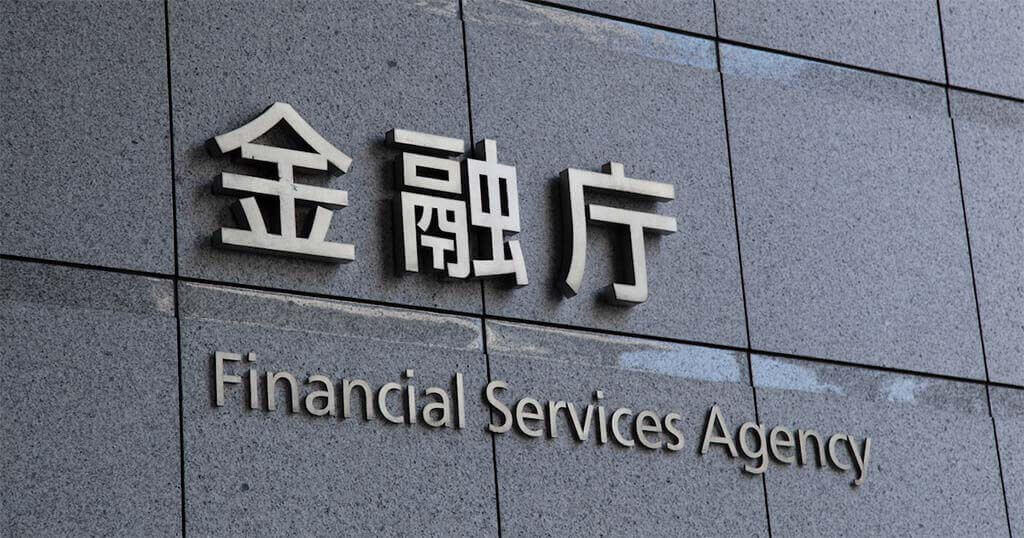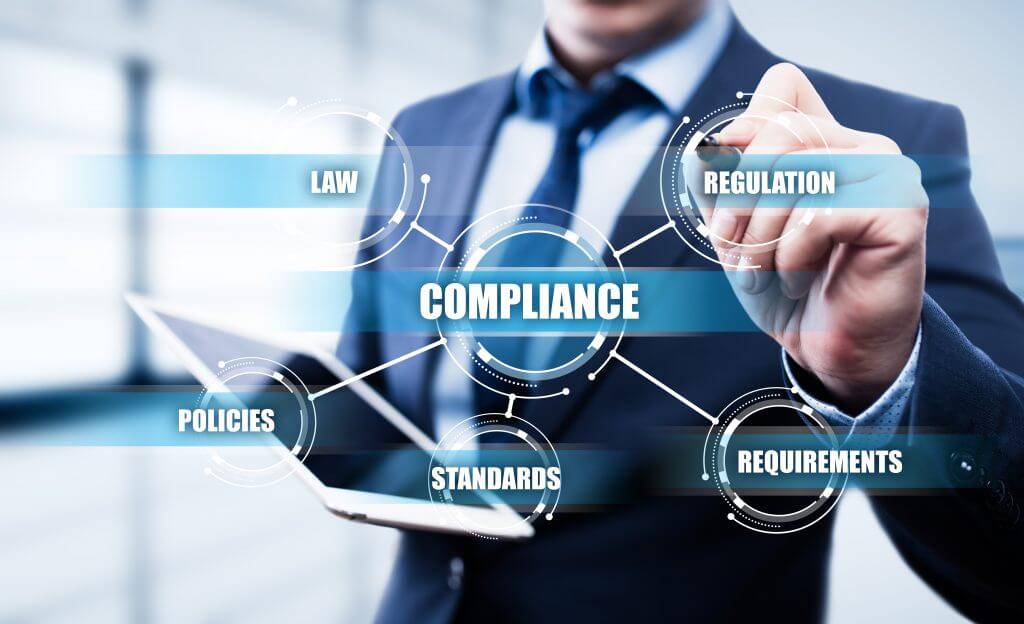FSA demands greater AML Compliance from Japanese Crypto Exchanges

In a recent move, Financial Services Agency (FSA), the Japanese Financial regulator, has demanded crypto exchanges operating in its jurisdiction to tighten their AML compliance procedures in order to eradicate any chances of crypto currency being used as a source of money laundering activities or to fund terror activities. This new set of directives seems to be next logical step in series of regulatory measures adopted by FSA in order to make sure that virtual currency gateways are not used for financial crimes.
New directives for AML Compliance
According to one crypto exchange, the FSA has required of the exchange to take the following measures:
Perform an intense review of the management system
Build out risk management system for anti-money laundering and combating the financing of terrorism
Build out management system for rejecting antisocial forces, etc.
Build out management system for user assets and take a managerial approach to books and documents
Build out management system for user protection measures
Build out management system for system risks
Build out management system for user information safety
Build out management system for ensuring the appropriate interactions for complaints from or consultations with customers
Build out risk management system for the listing of new virtual currencies
A third party shall verify the improvements’ appropriateness and effectiveness
The six crypto exchanges asked to fortify their AML setups were bitFlyer, Tech Bureau, BTC Box, Bit Point, Quoine, and Bit Bank.
Why FSA wants greater AML Compliance?
Although, considered to be a liberal when it comes to cryptocurrencies, Japanese financial watchdog has decided to regulate crypto-sphere with much more vigour from now on. Clear notices have been sent out to 6 major crypto exchanges of Japan, with a demand to “improve their business processes” in order to ensure greater transparency and follow AML Compliance guidelines. This new initiative has to do with renewed interest of regulators across the globe to maintain the overall AML Compliance for not only conventional banks & financial institutions but to formalise the operations conducted by crypto exchanges as well. Another fact that is attributed to the Increasing pressure from International watchdogs and organisations tasked with monitoring financial crime risks to global economic order. These big guns are asking major economies to ensure that crypto currencies and entities involved in this business are more forthcoming and transparent in their operations.
Several national regulators are trying to streamline the business of crypto exchanges just like regular banking sector. These new directives from Japanese financial regulator is the right step in the right direction. Surely there are going to be few hiccups in the way. Crypto exchanges and virtual currency enthusiasts might not be very comfortable with renewed regulations. But at the end of the day, it will ensure greater credibility and easier customer on-boarding for crypto exchanges. AML compliance will help crypto exchanges to earn trust of their potential customers who have legitimate business operations and that are looking forward to use this untapped financial arena without any criminal intent.
Perfect AML Compliance for Crypto Exchanges
Technological advancements in FinTech allows crypto exchanges to introduce much more vigilant approach to adopt AML Compliance. There are several identity verification products available in the market but the one that beat each one of them is for sure Shufti. It is an end-to-end identity verification product that has already serviced many crypto exchanges and assisted them with robust background checks.
Shufti has a large data bank that comprises of people and businesses that are red flagged by international, regional and national financial regulators. Shufti performs background checks from the databank that contains names from 1000 Watch lists, Sanction Lists and Politically Exposed Persons (PEPs). Not only that, but it also has data from 3000 databases maintained by financial crime risks organisations. Shufti databank includes organisations and individuals blacklisted not only by FSA but by UN, Interpol and AUSTRAC apart from many others. This databank is updated every 14 minutes so that the background checks are 100% accurate.
Crypto exchanges that want to comply with AML guidelines of their respective regulators, Shufti is one of the most secure investments they can make. Customer Due Diligence is made easier with Shufti pro and regulatory scrutiny can be easily avoided by Artificial Intelligence powered by Shufti.
Recommended For You:
-
AML & KYC Compliance; 5 Ways AI is Supporting the Fight Against Financial Crimes
-
RegTech facilitates effortless AML Compliance
-
3 Industries Where KYC and AML Compliance will Gain Significance in 2019

 Explore Now
Explore Now














